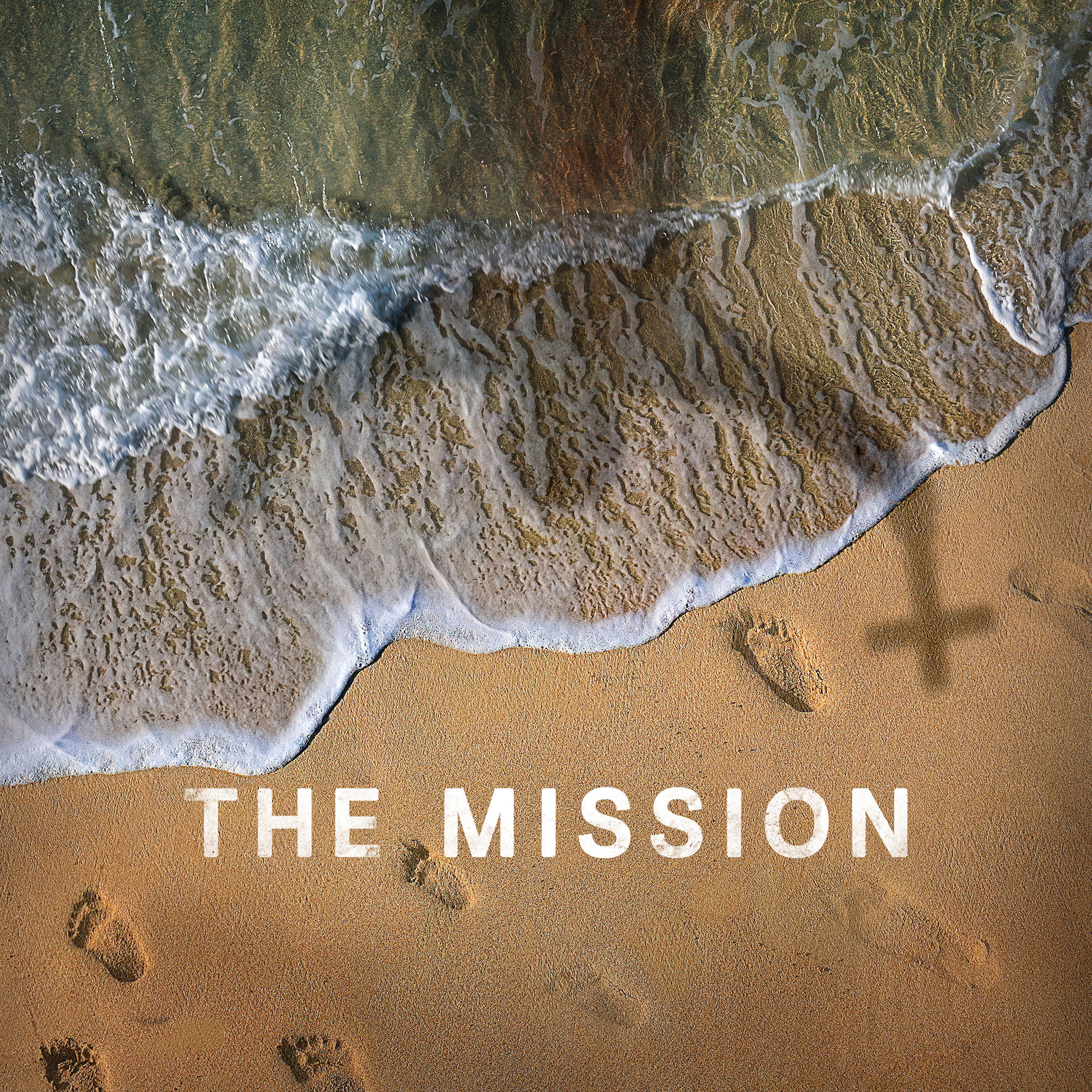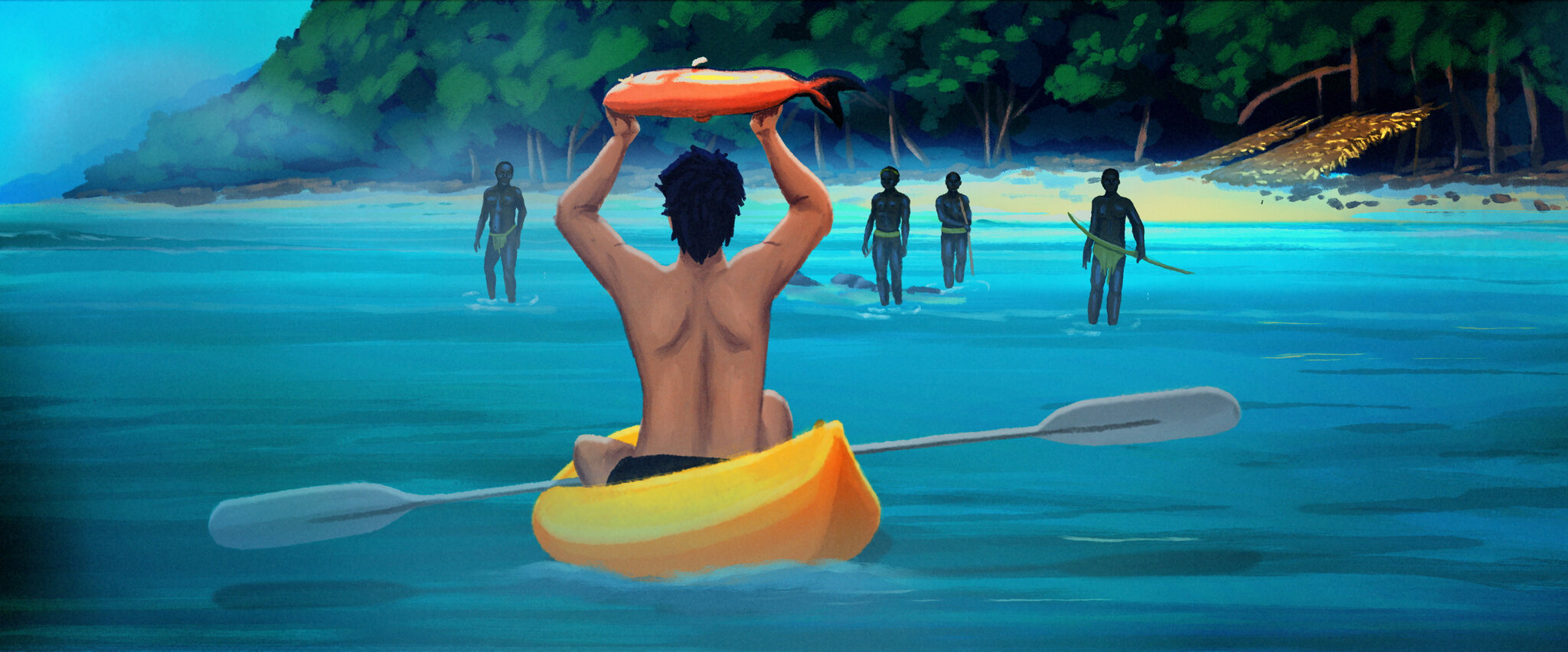For centuries Christians have been traveling around the world proclaiming the good news of the gospel. Ever since 33 AD, this mission of telling others about the life, death and resurrection of Jesus has been paramount for the history of the church. In his final parting words, Jesus entreated his disciples to spread the word and so outward they went, from Jerusalem to Judea and the ends of the earth. They were not hindered by powers or authorities, but pressed on in the face of persecution and resistance to their message. Jesus left his disciples with a message, but the specifics of how that message should be spread wasn’t exactly spelled out for them, an ambiguity that has been the cause of ample division in the church.
In the fractured world of Christianity, some have entire ministries preparing and sending missionaries into foreign lands to establish churches. Others see the mission field as the land they are already in, the people they live with and around. Then there are those philosophies that believe we preach the gospel through actions and add words if necessary, along with its opposite of preaching without any social aspect. We also have those that neglect the idea of “mission” entirely, leaving church and the “Jesus-thing” reserved only for Sundays from 10am-11:30am. In the mix with all these are the bumper-sticker-faith-sharers, street preachers on the corner and monthly article writers who share their post on social media … The idea of mission has multiple angles and perspectives on how it should be participated in and, for most, this is an open-handed issue, of secondary importance. However, The Mission, a surprising new documentary from National Geographic, plans to make you think again.

The Mission is a nuclear bomb to the missional debate. The film isn’t a targeted hit piece on Christianity, but a seemingly well-rounded nuanced depiction of the confusion related the various views on how mission should occur.
John Chau is the center and focus of the documentary. John, if you’re unfamiliar, was a young missionary who died in 2018 attempting to bring the gospel to a remote tribe on North Sentinel island. The news of his death spread quickly online and as per usual, lifted the gavels of the internet judges (I must admit, I also spoke harshly against John). Foolish. Brave. Unwise. Faithful. Childish. Martyr. Ego maniac. Courageous. True believer. These are some of the terms which were used to describe the young man. One article states “Chau’s escapade, in the name of God or not, was nothing more than violation: he was just another person who believed that the world was his to do whatever he wanted in and with.” Meanwhile the organization that trained him for missionary work said that the “privilege of sharing the gospel has often involved great cost. We pray that John’s sacrificial efforts will bear eternal fruit in due season.” And while the internet said everything in between, what was missed in the outpouring of judgments was John’s humanity and what led to his actions.
In the documentary, John’s childhood and background is explored. He was an emphatic fan of adventurers and fantastical journeys into the unknown. In addition, he felt inspired by missionaries like Bruce Olsen and Jim Elliot. Underneath his missional desires was a belief that Jesus’ return was contingent on a literal interpretation that every nation needed to hear the gospel first. Thus, he saw the unreached people of North Sentinel island as “Satan’s last stronghold”. That might sound strange to many, but it’s not necessarily an outlier in the field of mission.
As I stated previously, I spoke words about John of which I now regret, gladly repent and am embarrassed of. Not because I necessarily have come to agree with John’s views and tactics, but rather because I now relate to him. Christianity in its freedom provides an opportunity for naivete. I’m well aware of this and should’ve been humbled by John’s experience instead of scoffing at it self-righteously. I myself have sought to spread the good word in what some, most, would deem as a foolish way.
Over ten years ago I was in my early twenties on a mission trip, “on fire” for the Lord and ready to preach the gospel to some villagers in Uganda. I was warned by children at the orphanage we were staying at to not venture into the city to preach but I thought I knew better, I knew I knew better. The Lord had a mission for me so I went anyways. I walked around in a marketplace quite unaware of my surroundings and told people the good news of Jesus. Much to my chagrin, I was met with perturbed straight faces and plenty of waving arms shooing me away. I feel the spread of blood to my cheeks in embarrassment even as I type this.
Once I arrived back at the orphanage I was not only informed it was Ramadan and people were cranky because they were fasting, but I also realized I was talking to women without asking permission from their husband, a cultural aspect I had neglected. I was offending people. Of course, the cross is offensive. But the messenger doesn’t have to be as well. It was quite the humbling experience. Sometimes our eagerness overrides our plan of action. We become naïve in our desire to make the gospel known.
But God often graciously moves in our naivete, which is likely why The Mission shows a plethora of differing viewpoints on this topic. There’s John’s close friend, who sees him as bold, brave, and full of faith. John’s dad sees his son as someone who fell for an extreme form of Christianity, one which he’d attempted to warn him about. There’s Dan Everett, a missionary who worked in the field for years only to ultimately see no fruit and eventually lose his faith. A pastor who, perhaps wisely, decides to not make a judgment one way or the other, but rather sees how one could go down John’s path after reading God’s word. It’s along the lines of what one of the directors, Jesse Moss, had to say:
If you think John is a martyr, you’re going to come and be challenged. If you’re ready to condemn John and see John as having nothing to do with you, you’re going to discover a reflection of yourself and perhaps the secular stories of adventure you took in.
As much as can be said about John, his specific mission/perceived calling, and the church’s call to proclaim the gospel to all nations — it must be remembered we are human. We are whole people. We are not just the choices we’ve made or the perceptions of us, we are an entire person with backgrounds, relationships and intentions. The grace we give to the biblical “heroes of faith” for their foolishness can perhaps be extended to people like John, myself and all those who are eager to make the gospel known. Sure, arguments can be made about the present need here in our country, the differences in eschatology and the Great Commission’s relation or the fact that the majority of Christians themselves seem like they need missionaries to teach them about the Bible and the good news of Jesus — at the end of the day what we need most is to receive and extend this grace we so cherish.

A theology of law and gospel must surely apply to the context of mission. History undoubtedly proves the necessity of such an idea. Where there’s a command, go therefore and make disciples, there would also be subsequent grace for the failure of such a task. And John’s situation, however one interprets it, is not unlike our failures. If all our life is worship and all our work is “missional work,” what else is there to fail at. Circumstances may be different, drastically so, but we are all in the same boat as John. We misappropriate scripture ourselves or point to others we think do, we don’t properly love people or judge those who we perceive fail to do so and we sometimes take the wrong route or criticize those we deem misdirected.
The Mission surprisingly gives space for numerous interpretations of John and his mission to North Sentinel Island. We know them already: Foolish. Brave. Unwise. Faithful. Childish. Ego maniac. Courageous. True believer. But there’s one perspective left out, perhaps one which matters the most. In this world of opinions, debates, failures and examinations of worth, there is one declaration which rises above all. The one which comes from above and declares us forgiven, accepted, and loved. A word we all want, we all need. Whatever we think or decide about John and the specific mission he felt called to, whether he was right or wrong, the declaration remains. For him, for us; for the North Sentinelese, even for the internet detractors. And believing that word just might be the greatest mission of all.

COMMENTS
One response to “The Mission, Our Naivete, and God’s Grace”
Leave a Reply













When we heard this story of John someone commented sarcastically “Thanks very much. We’re perfectly happy as we are” on behalf of the North Sentinel Islanders. But this was palpably untrue as their actions showed, whatever you may think of John’s action.